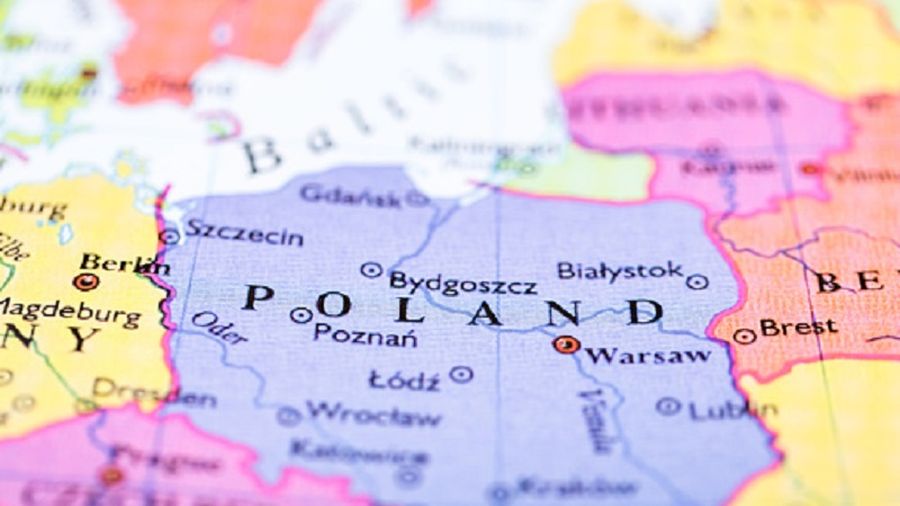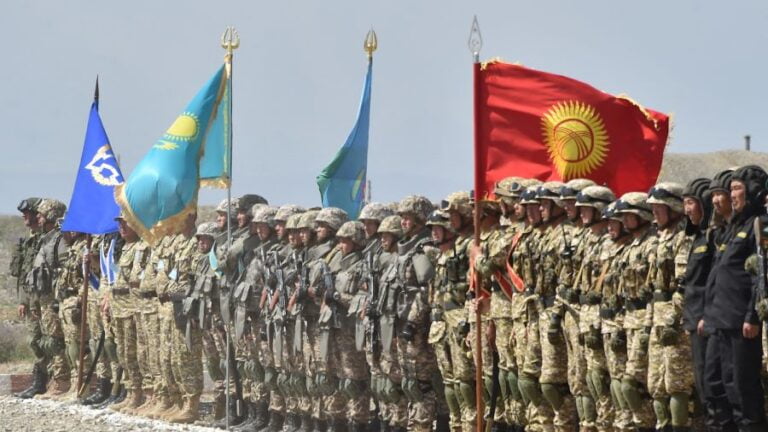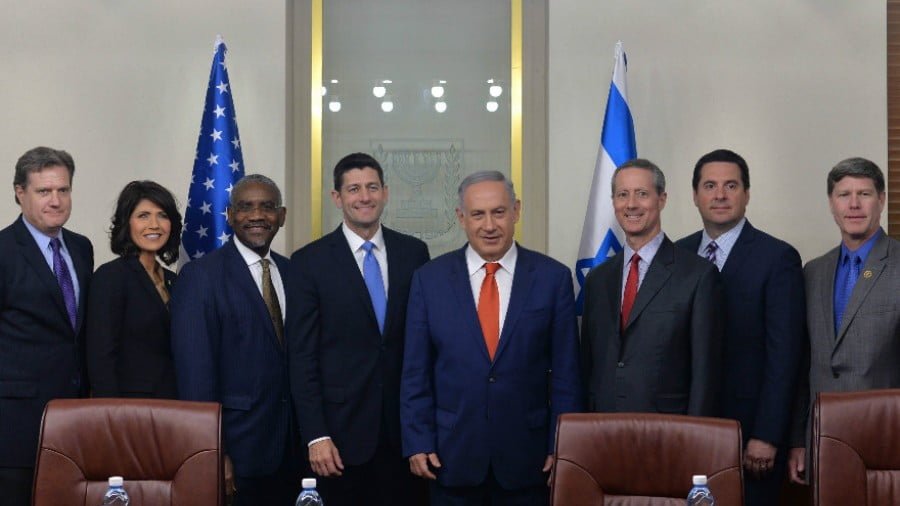Poland’s Eastern Migrant Crisis Has a Psychological Effect on Its Population
What follows are five observations about how all of this has instilled fear and fury in the hearts of so many Poles.
Much has been written over the months about the potential reasons for the Migrant Crisis that Poland is presently facing from Belarus, where several tens of thousands of mostly Muslim migrants have tried to storm across its border since the start of the year. Warsaw claims that its neighbor is waging “hybrid warfare” against it as punishment for Western sanctions against Minsk while the latter says that it’s innocent and has no role in facilitating this process.
Whatever the truth may be, it’s important to acknowledge the psychological effect that this Migrant Crisis has on the Polish population. This is especially relevant after video evidence was revealed on Monday indicating that an unprecedentedly massive caravan of several thousand migrants is preparing to storm the border. What follows are five observations about how all of this has instilled fear and fury in the hearts of so many Poles.
1. Poland Is A Very Ethno-Religiously Homogenous Country
Ever since the end of World War II, the reconstituted Polish state has remained very ethno-religiously homogenous. Footage of civilizationally dissimilar migrants flooding into the country scares many Poles who fear that these foreigners pose a threat to their culture. This is especially the case after Polish media informed its people from 2015 onward of the challenges that many pro-migrant Western European states have with assimilating and integrating such “new arrivals”.
2. Society Leans Conservative Despite Recent Divisions
Poland is presently divided between very passionate conservative and liberal camps, with the former narrowly winning last year’s elections. Even though society remains split, it generally leans conservative, and folks of such a disposition are usually opposed to mass migration in principle. This means that Western Europe’s respective policies genuinely aren’t popular in Poland. Most Polish people do not want to suffer the socio-political consequences that their comparatively more liberal neighbors have.
3. There Are Concerns About A Migrant-Driven Crime Wave
Recalling what was earlier written about Poles’ awareness of their liberal neighbors’ struggles with assimilating and integrating the massive influx of civilizationally dissimilar migrants that they accepted from 2015 onwards, it’s understandable that they’re concerned about a migrant-driven crime wave. Most know that the vast majority of these migrants don’t want to stay in Poland, but they fear that they’ll violently break all sorts of laws as they transit across the country en route to Western Europe.
4. Poland Feels Pressured By Both East & West
From the Polish perspective, the country is being simultaneously pressured by East and West. The first-mentioned is the source of this Migrant Crisis while the second doesn’t support the state’s proactive policies aimed at defending itself against this influx that many Poles regard as an unconventional foreign invasion. It’s therefore understandable that the population might feel triggered to remember similarly unfortunate moments in their country’s past where such simultaneous pressure ended in tragedy.
5. Society’s Siege Mentality Is Returning
Building upon the above observation, Polish society’s historical siege mentality is at risk of returning. What’s meant by this is that the population has traditionally felt like they’re under threat from all directions. This sentiment largely abated after the end of communism and especially after Poland’s entrance to the EU, but it’s coming back with a vengeance following the simultaneous pressure that Poles feel from East and West over such a sensitive issue that’s so closely connected to their identity.
———-
Considering all of the above, it can be concluded that this Migrant Crisis disproportionately impacts Poles’ psychology a lot more than it does most other Europeans’ who’ve experienced much worse from 2015 onward. This is because of society’s ethno-religious homogeneity and the popular importance of retaining its unique characteristics that fill many of its members with so much pride. They feel that their identity is threatened by this unprecedented influx of civilizationally dissimilar migrants.
In response, Poland has continued to defy the EU’s demands on migrant quotas and pledged to build a border wall along over half of its frontier with Belarus by next summer. Although society remains divided over domestic political issues, the state’s proactive defensive policy against this unconventional foreign invasion is genuinely popular. If the Migrant Crisis isn’t soon brought under control and pressure from East and West intensifies, Poles’ siege mentality will with unpredictable consequences.







